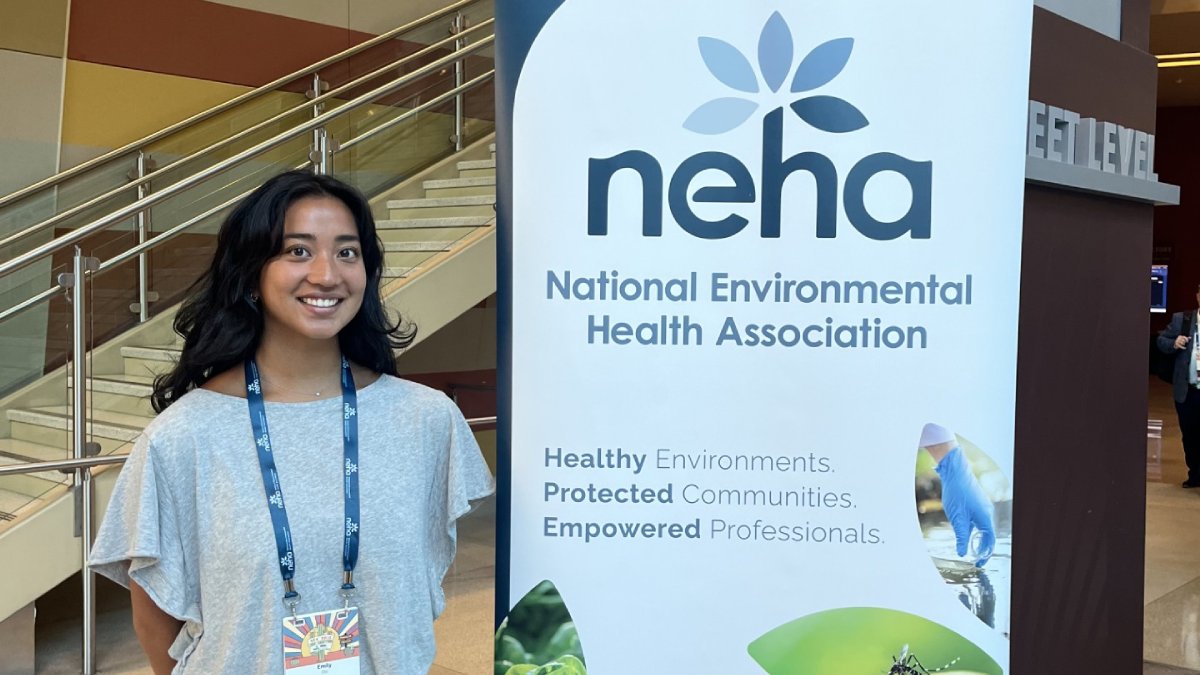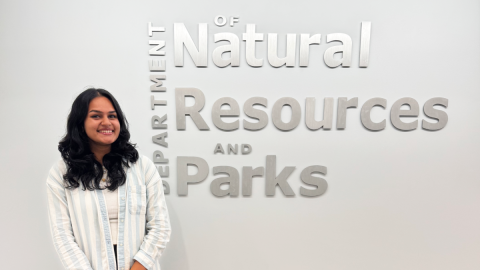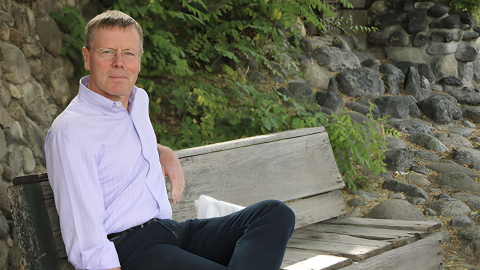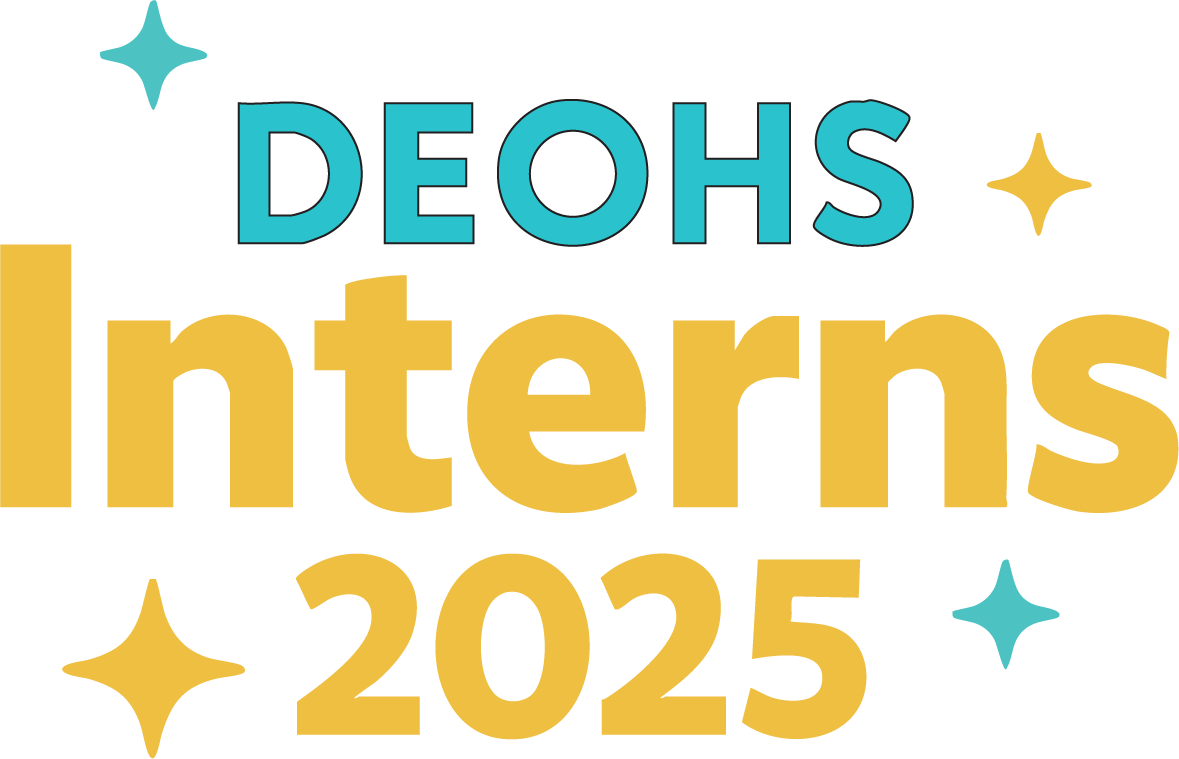
Emily Do
BS, Environmental Public Health
Hometown
Oakland, CA
Internship with
Public Health – Seattle & King County
Editor’s note: This summer, DEOHS students have been getting hands-on experience as interns with health agencies, nonprofits and private companies. In our occasional “On the Job” series, we feature some of their stories.
Each year, a small team at Public Health – Seattle & King County inspects hundreds of K-12 schools in King County for health and safety issues. This summer, the team got some help from Emily Do, a UW environmental public health major.
Do joined the team through the prestigious National Environmental Public Health Internship Program (NEPHIP), which is sponsored by the National Environmental Health Association (NEHA).
She spent the summer inspecting playgrounds, testing water quality, and checking hundreds of power outlets in the schools. She also conducted a literature review on noise exposure in band and music classrooms, and created educational materials about how to dispose of vaping materials discarded on school property.
“I wanted to work at a very local level and meet more people in my city,” Do said. “This internship experience has made me realize how many different career pathways you can take with a background in environmental health.”
Ride along with me
Do explored the full gamut of services provided by the Public Health – Seattle & King County Environmental Health division through field outings with staff.
She helped inspect water quality in outdoor swimming pools, tested water quality on Vashon Island, and joined the vector control team to monitor people’s homes for signs of rats and set underground traps.
“All of the different teams are so excited to have someone join them and impart their knowledge and technical skills,” Do said.
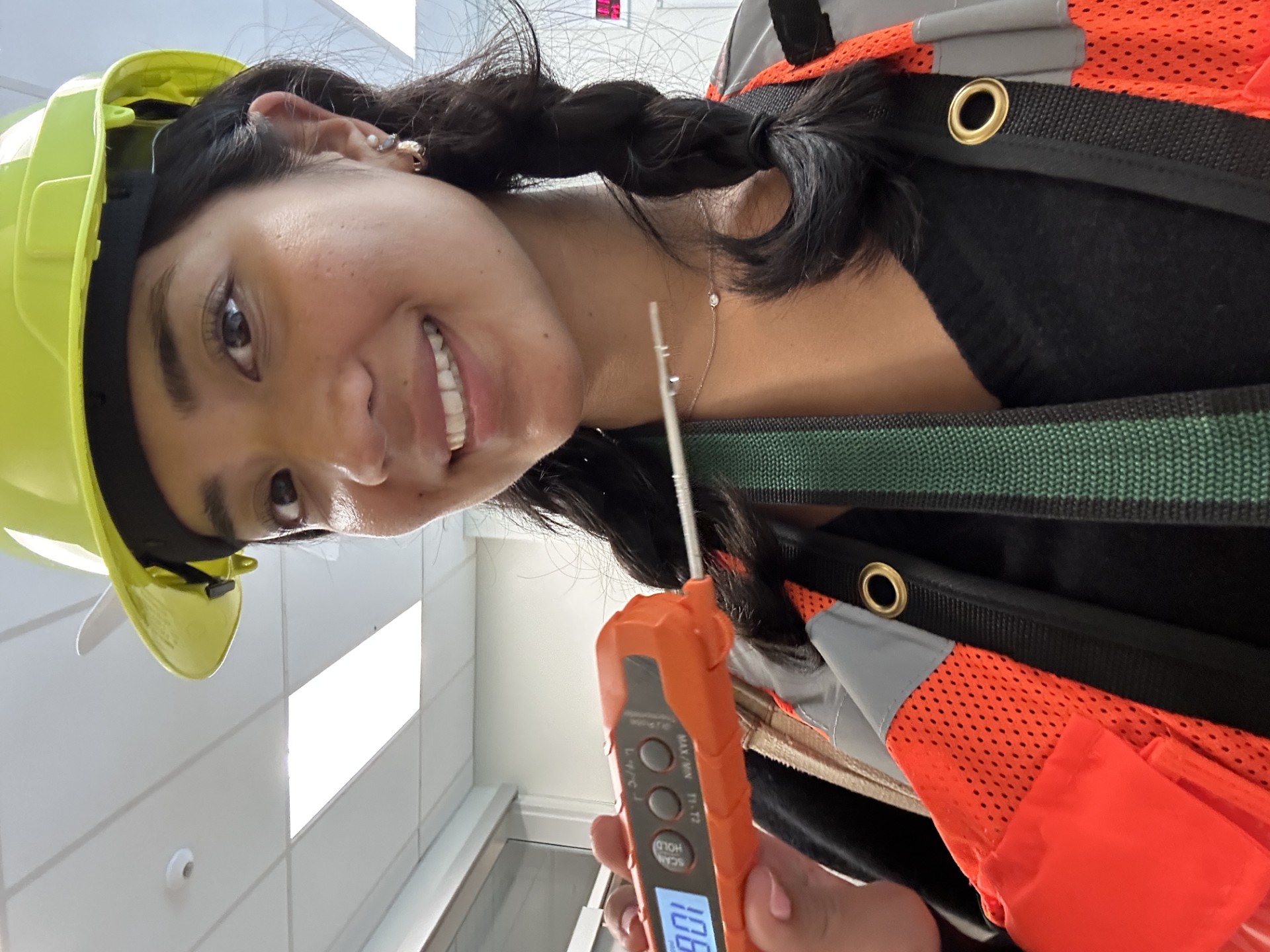
Public health in Phoenix
In July, Do attended the annual NEHA conference in Phoenix, Arizona, with sponsorship from NEPHIP. There she connected with fellow NEPHIP interns placed in health agencies in Alaska, Arizona, Kentucky, Oregon, Virginia and elsewhere.
She was excited to learn about the Commissioned Corps of the U.S. Public Health Service, a uniformed service branch committed to health service.
“I didn’t know that you could work on environmental health on that scale,” she said.
A session on green funerals piqued her interest, particularly because she hopes to pursue a career in medicine focusing on palliative and hospice care.
“Having a background in environmental health is such a holistic way to work with patients,” she said. “You consider how they’re living their day-to-day life, and where they’ve lived before. When people are close to the end of life, their built environments and the environment of their families are so important.”
Mentorship and community
Do has found community in the UW Department of Environmental & Occupational Health Sciences (DEOHS). She appreciates the support of faculty including Teaching Professor Tania Busch Isaksen, as well as a strong network of classmates who have become friends.
“Since the major is so small, everybody cares about each other,” she said, adding that the department’s unique gathering space in the Hans Rosling Center makes it easy to collaborate and connect.
Through the Student Environmental Health Association, a student-run group for undergraduates in the department, she has attended Mariners games and potlucks.
As a premed student, she has also been fascinated to learn more about the impact of environmental exposures on cancer and other diseases.
"I'm so happy that I chose to study environmental health," she said.
